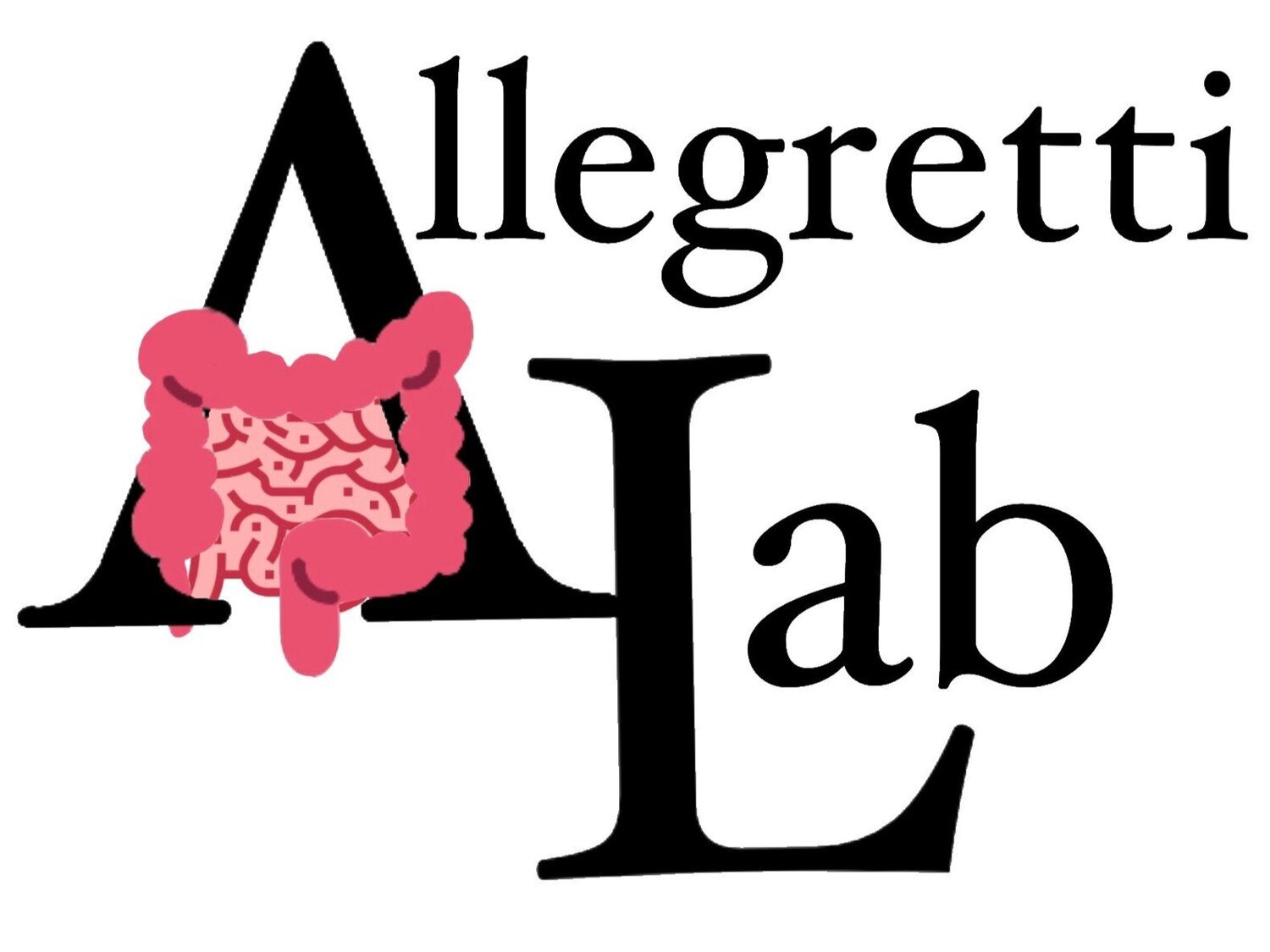Novel Therapeutic Trials
A major goal of the Allegretti Lab is have a therapeutic option for any patient in need. We currently have ongoing trials for patients with IBD, C. difficile infection or both! Information regarding ongoing sponsored and investigator initiated trials below. Please reach out with any questions.
Inflammatory Bowel Disease Therapeutic Trials
Low Dose IL-2 for the treatment of Moderate to Severe Crohn’s Disease: One promising new approach to treat IBD is through the manipulation of regulatory T cells (Tregs). Interleukin-2 (IL-2, Proleukin®) is a T cell growth factor. IL-2 is currently licensed for the treatment of metastatic renal cell carcinoma and metastatic melanoma. At low doses, IL-2 promotes the selective activation and expansion of Tregs in humans. Low-dose (LD) IL-2 selectively expands Tregs in humans and is safe in chronic GvHD and other phase 1 and 2 clinical trials.
This is a phase 1b/2a clinical trial to assess the safety and the efficacy of LD SC IL-2 for the treatment of CD utilizing daily subcutaneous injections for 8 weeks. Responders to therapy will be offered an additional 52 weeks of therapy.
Eligible patients include those age 18-80 years with a diagnosis of moderate-to-severe Crohn’s Disease and failure to tolerate or to respond to at least one conventional therapy
For more information, visit clinicaltrials.gov or email the study coordinator Jennifer Mitri at jjmitri@bwh.harvard.edu
The Power Study (Janssen): This study compares the efficacy and safety of a single weight-tiered based IV re-induction dose of approximately 6 mg/kg ustekinumab versus continuing with regular SC q8w 90 mg ustekinumab administration.
Eligible patients include those at least 18 years old with a history of Crohn’s disease who had an initial response to Ustekinumab followed by secondary loss of response.
For more information, visit clinicaltrials.gov, or email the study coordinator Jennifer Mitri at jjmitri@bwh.harvard.edu
Pizzicato (Pfizer): This is a phase 2a randomized controlled trial to assess the efficacy, safety, tolerability, pharmacokinetics, and pharmacodynamics of PF-06651600 (200 mg for 8 weeks followed by 50 mg for 4 weeks) dosed once daily and PF-06700841 (60 mg for 12 weeks) dosed once daily during an induction period of 12 weeks, followed by an open label extension period at doses of 50 mg and 30 mg of PF 06651600 and PF 06700841, respectively, for 52 weeks. These agents are selective Jak inhibitors
Eligible patients include those age 18-75 years with a diagnosis of moderate-to-severe Crohn’s Disease and failured to tolerate or to respond to at least one conventional therapy
For more information, visit clinicaltrials.gov or email Jenna Marcus the study coordinator at jmarcus1@bwh.harvard.edu
Yellowstone Program (Bristol Myers Squibb): This program consists of phase 3 induction, maintenance, and open label extension trials assessing the safety and efficacy of ozanimod in patients with moderate to severe Crohn’s disease.
Eligible patients are 18 to 75 years of age, have been diagnosed with active Crohn’s disease confirmed by endoscopy, currently have symptoms associated with moderately to severely active Crohn’s disease, and have not improved on or have not been able to tolerate, at least one prior Crohn’s disease medication
For more information, visit clinicaltrials.gov or email the study coordinator Jenna Marcus at jmarcus1@bwh.harvard.edu
Clostridioides difficile Infection Trials
The ICON-2 Trial: This is a randomized controlled trial to assess the clinical and microbiological impacts of FMT in combination with Bezlotoxumab compared to FMT in combination with placebo in patients with both inflammatory bowel disease (IBD) a and c.difficile infection (CDI). Donor stool from healthy donors will be obtained from OpenBiome. FMT will be delivered via colonoscopy.
Eligible patients are adults with a confirmed diagnosis of IBD as well as 2 or more confirmed episodes of CDI.
For more information, visit clinicaltrials.gov or email the study coordinator Jennifer Mitri at jjmitri@bwh.harvard.edu
ART24 Study (Adiso Therapeutics) : This is a randomized, placebo-controlled, double-blind, multi-site study in which up to approximately 36 subjects with a recent C. difficile infection (CDI) who have completed a standard of care course of CDI antibiotics and have achieved clinical cure will be randomized to 7 or 28 daily doses of ART24 or placebo. Subjects will be followed for 6 months after the last dose of study drug.
Eligible patients are adults experiencing a new C.difficile infection.
For more information, visit clinicaltrials.gov or email the study coordinator Emma McClure at elmcclure@bwh.harvard.edu
Prism 4 ( Finch Therapeutics): Randomized, Double-Blind, Placebo-Controlled, Phase 3 Trial of the Efficacy, Safety, and Tolerability of a Single Oral Administration of CP101 for the Prevention of Recurrent Clostridioides difficile Infection . This Phase 3 trial will be conducted in 2 parts: a randomized, double-blind, placebo-controlled trial arm and an optional open-label treatment arm. After completing standard-of-care (SOC) CDI antibiotics for their most recent CDI recurrence, patients will receive either CP101 or placebo. Patients will be evaluated for CDI recurrence an through Week 8.
Eligible patients are adults with recurrent CDI defined as:
≥ 3 episodes of CDI, with 2 episodes occurring within the previous 6 months (inclusive of the current episode); OR
Patients with a history of 2 episodes of CDI occurring within the previous 6 months (inclusive of the current episode) may be eligible if 65 years of age or older.
For more information, visit clinicaltrials.gov or email the study coordinator Emma McClure at elmcclure@bwh.harvard.edu
